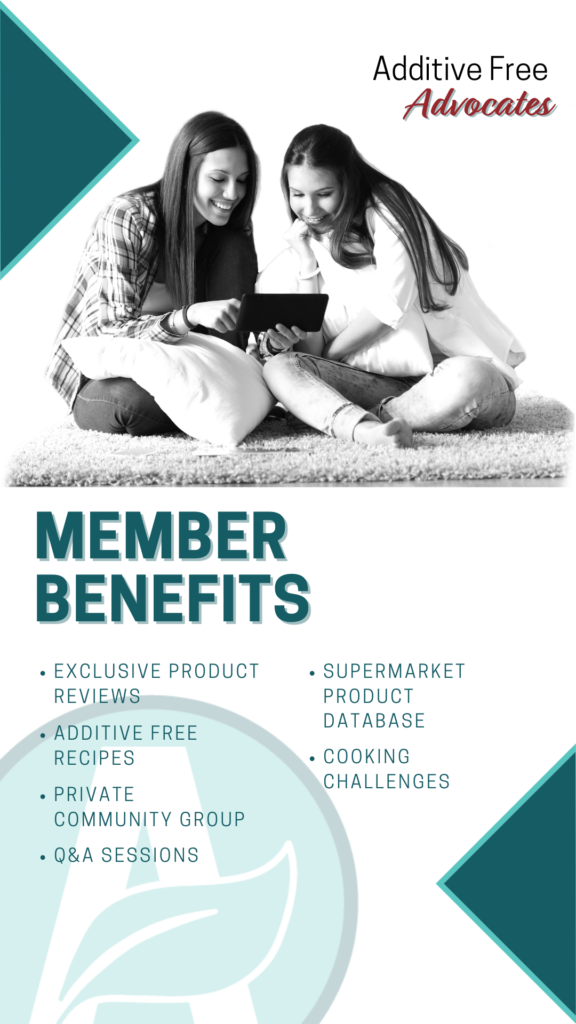New research shows that additives can cross the placental barrier to babies.
A new study from the University of Central Florida was published in the Scientific Reports in June 2019. This study was conducted over 18 months and was self funded by the University (it is always useful to know how the studies are funded!)
The researchers decided to look into this study as many studies and reports have highlighted that autistic kids often suffer with gastric issues such as irritable bowel syndrome (IBS). They wondered about a link between the gut and brain and examined how the microbiome differeed between kids with autism and those that don’t.
They found that previous studies had showed that there was a higher level of Propionic Acid (PPA) in stool samples from kids with autism and their microbiome was different. The researchers of this study wanted to understand what the underlying cause was.
The researchers found that excessive PPA damaged brain cells in a number of ways:
– reduced the development of neurons in fetal brains.
– the PPA acid disrupts the natural balance between brain cells by reducing the number of neurons and over-producing glial cells. While glial cells help develop and protect neuron function, too many glia cells disturb connectivity between neurons. They also cause inflammation, which has been noted in the brains of autistic children”– excessive amounts of the PPA shorten and damage the pathways that neurons use to communicate with the rest of the body
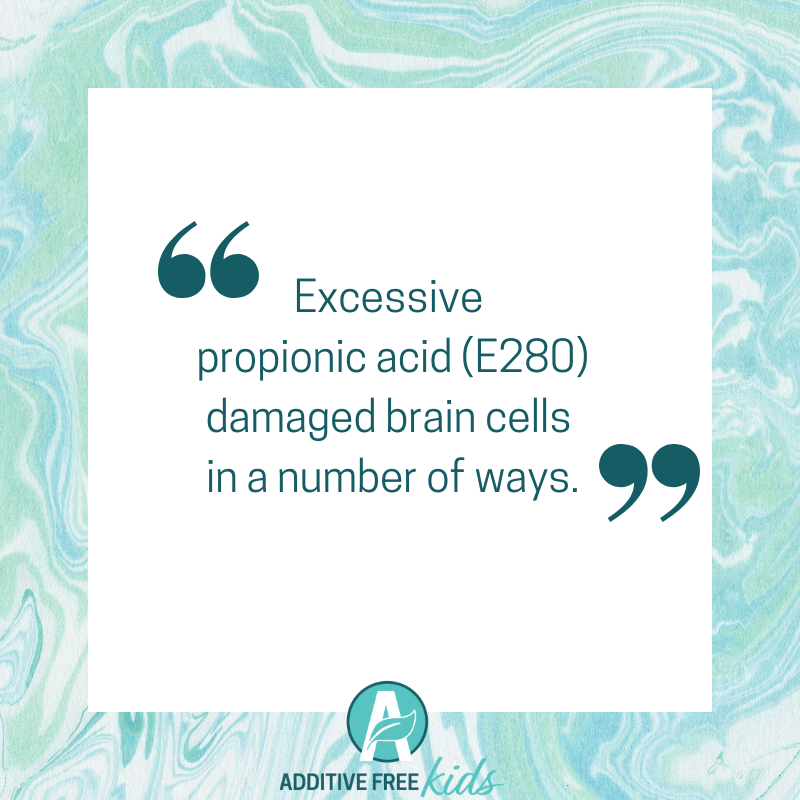
Wow…that’s a lot to unpack. Let’s start at the beginning and look at what Propionic acid is and what we know about it.
What is propionic acid?
Propionic acid is a preservative known also by its E number 280. The purpose of propionic acid is to inhibit the growth of mould.
Where will you find propionic acid?
It is often used in animal feed and food for human consumption. Typical foods include – bakery products and cheese. Propionic acid is also used in the production of other chemicals such as pesticides and pharmaceuticals.
How is propionic acid derived?
Propionic acid can be naturally occurring. However, a mother’s micobiome changes during pregnancy and cause an increase in the acid. Eating packaged food containing PPA can further increase the quantity in the Mother’s gut, which then crosses to the baby.
Industrial use of propionic acid is derived in many ways such as:
– genetic modification
– petroleum derived
– synthetically derived
– produced by bacteria
Not necessarily what we would want to see in our food. Is it any surprise that our bodies don’t know how to process these industrial ingredients?
Let’s take a look at what the known potential effects are of PPA (280)
Referring to the Chemical Maze we can see that the potential effects are:
– developmental delay
– headaches and migraines
– inattention
– irritability
– learning difficulties
– neurological problems
– restlessness
– sleep disturbance
– stomach upsets
The most important thing to note with PPA (280) is that it is:
prohibited in food for infants!
There hasn’t been enough research conducted at this stage to determine how additives can cross the placental barrier to babies. However, this new research gives an insight that additives, specifically the PPA crosses the placental barrier into our unborn babies.
Let’s take a look at the study’s findings.
What did the study find?
The study conducted by the University of Central Florida highlighted that increased levels of PPA (280) reduced the neuronal development in fetal brains.
This study highlights the idea:
The mother’s diet is implicated in the onset of autism in the developing fetus
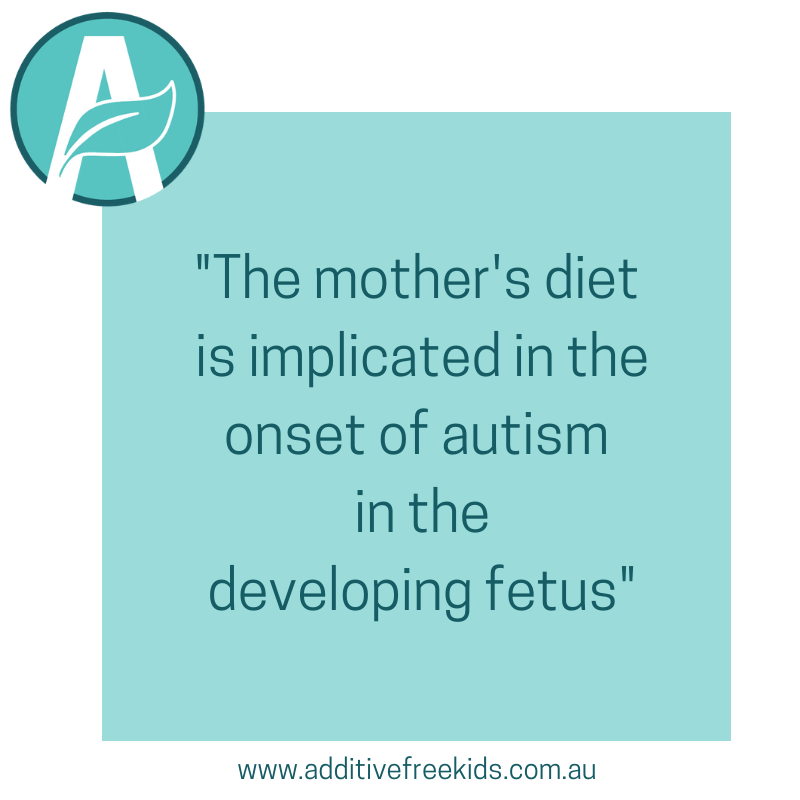
Now…please Mums, please do not get upset.
It’s not your fault….
You have put faith in our government to protect us. You have assumed that all the appropriate testing has been one to ensure our safety and that of our babies.
FSANZ know that this additive shouldn’t be consumed by infants.
Whilst it took a little hunting around their Code, standards and schedules I was able to find it all the additives that are prohibited to be consumed by infants.
Do you think it should be FSANZ’s responsibility to determine whether additives can cross the placental barrier?
Additives can cross the placental barrier to babies – indicative research
There hasn’t been enough research done on whether those additives can cross the placental barrier to babies.
It has always been my belief and opinion that additives should be avoided by pregnant mums. Or if not all additives, then at least the ones that are prohibited in food for infants.
If you are pregnant or considering pregnancy and would like to know which additives to avoid, you can download info here.
Back to the study…
Excessive PPA disrupts the natural balance between brain cells by reducing the number of neurons and overproducing glial cells. Too many glial cells disturbs the connectivity between neurons. This results in inflammation, a known marker for autism. They also result in inflammation. Inflammation is a well known marker for autistic kids.
This inflammation, damages the neuronal pathways that also allow the brain to communicate with the rest of the body.
So if we boil all this down really simply:
Increased levels of PPA
= decreased neurons and damaged pathways
= brain not able to communicate well
= behaviours often found in kids with autism (repetitive behaviours, mobility issues, inability to interact with others)
Is it worth it?
Is it worth having a bread preserved longer if this is the effect it is having on our babies? Or should we accept that bread does go off within a day or two? That we should change our practices, buy fresh from your local bakery and freeze.
This study highlights that convenience can come at a very high cost.
More research is definitely needed. Increased PPA may not be the cause of autism (it is usually multifactorial), but may contribute to it.
There are hundreds and hundreds of additives that are prohibited in the use of infant food. My recommendation for pregnant mums or mums to be, is to steer clear of these additives.
If you are looking for which additives to avoid, you can download here. Or, just keep it simple. Cook with wholefoods. Know what every ingredient is that you are consuming. Your health is your responsibility. Don’t wait for the science to catch up.
To be safe, I would suggest that pregnant mothers should avoid all additives that are prohibited in the food for infants. If you need help finding additive free food, join our Additive Free Kids email list, where you will receive support direct to your inbox.

Frankie Bell is the Managing Director of Additive Free Kids. Frankie is a food coach, mentor and is one of Australia’s leading activists against additives in food.
Frankie is a Mum to 5 boys and has personal experience working through the damaging effects of additives to resolve multiple health issues and behavioural problems in her own children. It became Frankie’s purpose to help other families achieve the same improvement in their families.
These changes can be overwhelming, especially for time poor parents. Frankie has done all the hard work for families to ensure they have access to additive free food anytime, anywhere.
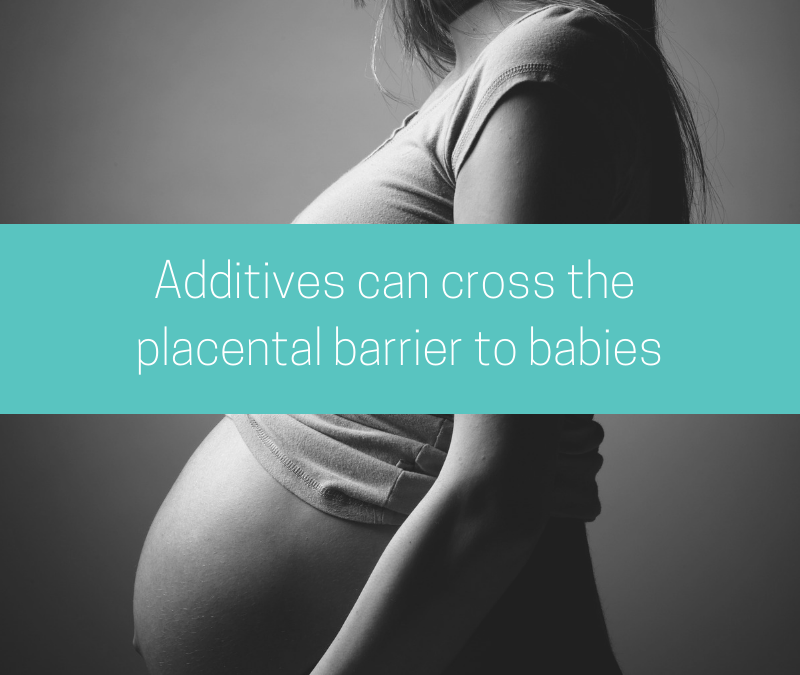
 My passion and mission is to work with families to reduce the overwhelm when going additive free. Moving to additive free living can bring back peace, calm and joy to families. I know it's possible and I've experienced it first hand with my 5 boys.
My passion and mission is to work with families to reduce the overwhelm when going additive free. Moving to additive free living can bring back peace, calm and joy to families. I know it's possible and I've experienced it first hand with my 5 boys.

